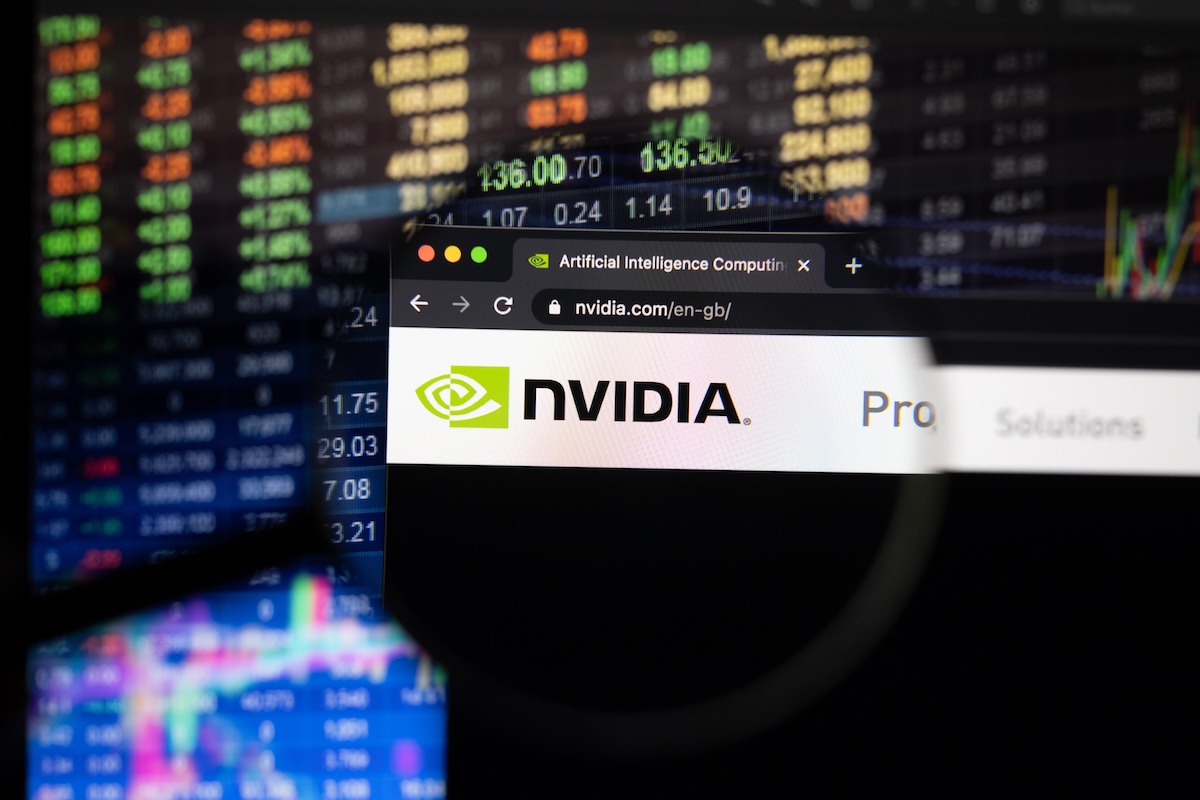
Nvidia’s (NVDA) stunning climb past a $4 trillion market cap has officially put the rest of the market on notice, especially small caps, which remain stuck in a multi-year slump.
Nvidia is now worth $1 trillion more than all 2,000 companies in the Russell 2000 combined, according to strategist Charlie Bilello.
While Nvidia fuels the AI revolution and sets new records, the Russell 2000 is still treading water. The small-cap index is flat on the year and up just 2% over the past 12 months.
As InvestorsObserver reported, it’s also in the longest stretch without a new all-time high in over a decade, still sitting nearly 10% below its late-2021 peak.
Among other things, this disparity in performance highlights the growing divide between mega-cap dominance and small-cap stagnation.
Why small caps can’t catch a break
The underperformance of small-cap stocks isn’t just about investor sentiment.
Many small caps started struggling with earnings in 2023 and 2024 as inflation, rising wages, and tighter margins took their toll.
Unlike Big Tech, smaller companies typically lack pricing power. As Charles Schwab analysts noted, they can’t pass rising costs on to consumers as easily as established brands.
Debt is also a growing problem. Companies in the Russell 2000 carry a heavier debt load relative to their size, and between 15% and 20% of that debt is set to mature between 2026 and 2028.
That means many of these firms will need to refinance in a higher interest rate environment.
For comparison, less than 10% of S&P 500 debt matures in that same timeframe, giving large caps much more breathing room.
Meanwhile, Nvidia and other mega-cap tech stocks have powered most of the market’s returns in 2024.
Tech and communication services have accounted for over half of all U.S. equity gains this year, which widens the gap between giants and everyone else.
IPO activity gives hope
Despite the underperformance, the interest in small caps isn't gone yet.
As of May, 94 small-cap companies had gone public this year, raising a combined $12.9 billion, according to Bloomberg.
“It’s a positive signal,” said Deloitte’s Will Braeutigam, “as small-cap IPOs start to access the capital markets and do it so successfully.”
However, it may take a lot more than fresh listings to lift the entire index.
Until interest rates ease or earnings rebound, small-cap stocks may remain overshadowed by the AI-fueled giants dominating today’s market.
Your email address will not be published. Required fields are markedmarked